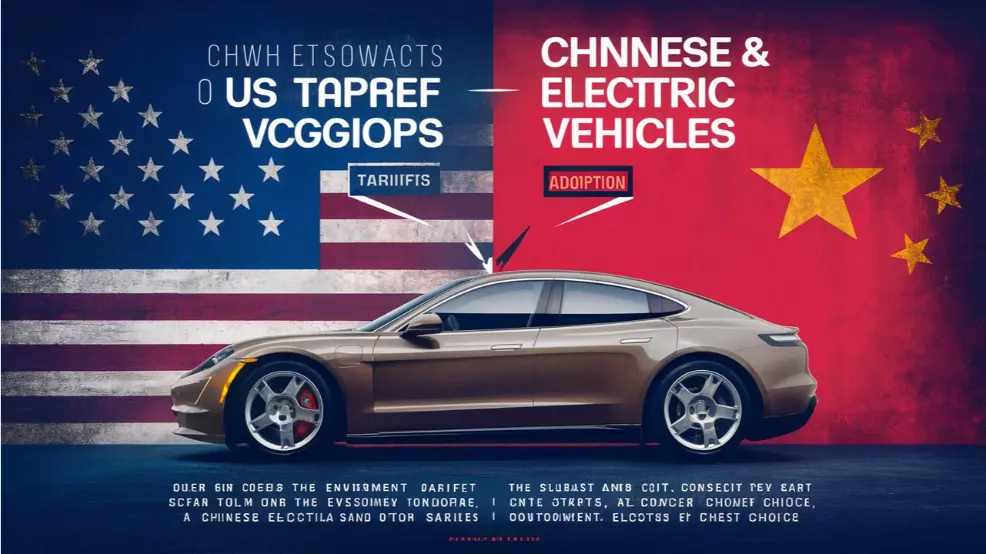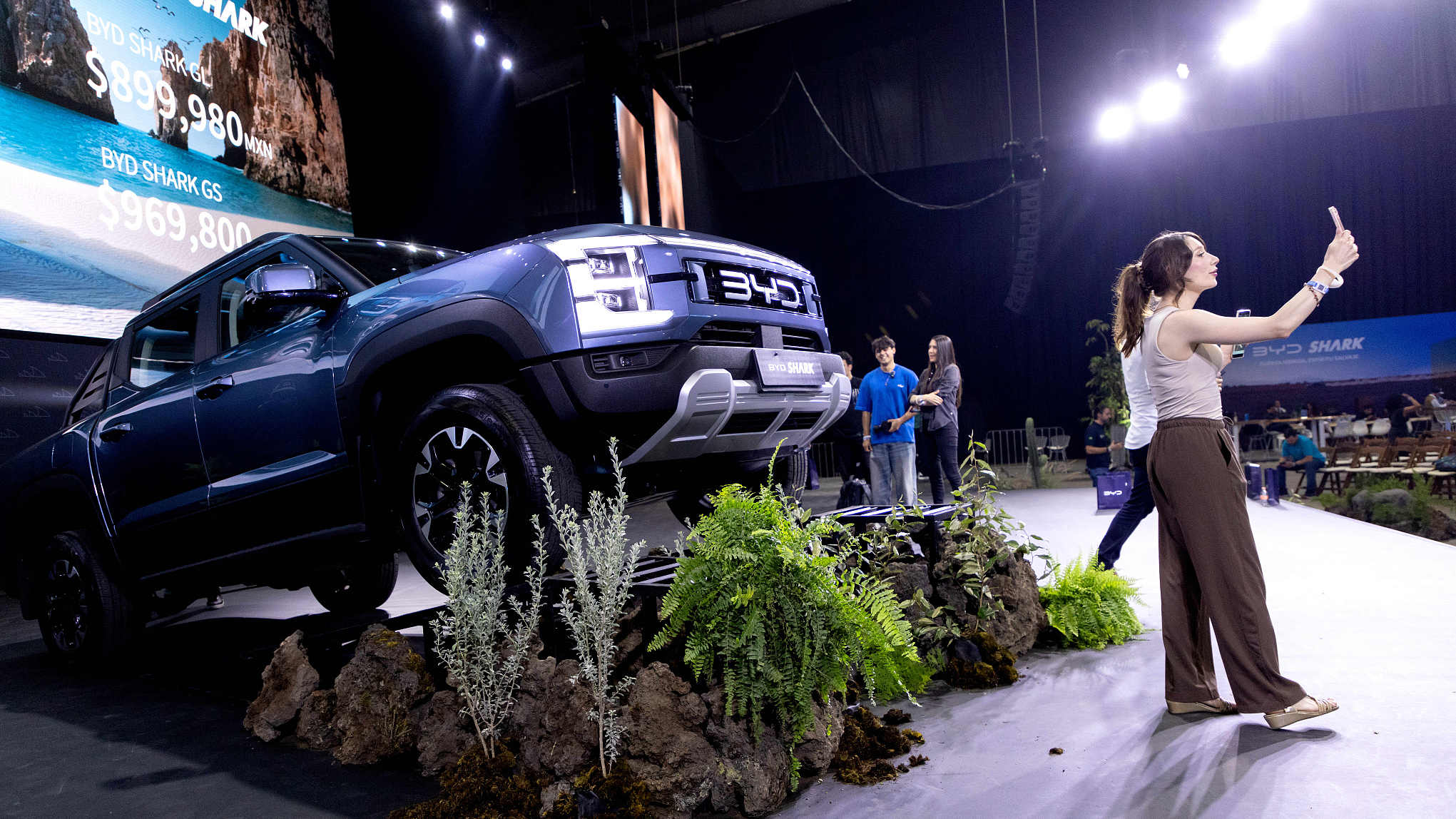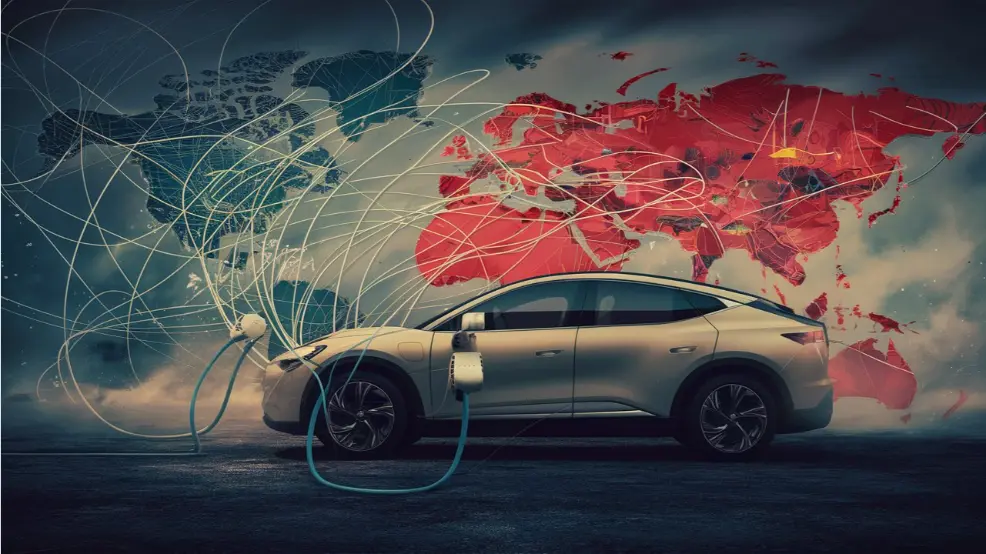Electric vehicles (EVs) are becoming very popular. They are good for the environment. Many people want to buy them. But, what happens when the U.S. puts a tariff on Chinese EVs? Will this hurt EV adoption? Let’s find out.
What is a Tariff?
A tariff is a tax on imports. When a country brings in goods from another country, it may charge a fee. This fee is called a tariff. Tariffs can make imported goods more expensive.
Why Does the U.S. Have Tariffs on Chinese EVs?
The U.S. has tariffs on Chinese EVs for many reasons. One reason is to protect American jobs. Another reason is to help American companies. Tariffs make Chinese EVs cost more. This makes American EVs more competitive.

How Do Tariffs Affect Prices?
Tariffs make imported goods more expensive. For example, if a Chinese EV costs $30,000, a 25% tariff would add $7,500. Now, the EV costs $37,500. This price increase can affect buyers’ decisions.
Impact on Consumers
Higher prices can make it harder for people to buy EVs. Many people want to save money. If Chinese EVs are too expensive, they may not buy them. This can slow down EV adoption.
Price Comparison
| EV Model | Original Price | Price with Tariff |
|---|---|---|
| Chinese EV A | $30,000 | $37,500 |
| Chinese EV B | $40,000 | $50,000 |
Impact on Automakers
Tariffs can also affect automakers. Chinese automakers may sell fewer EVs in the U.S. This can hurt their business. American automakers may benefit. They may sell more EVs because they are cheaper.
Job Opportunities
More sales for American automakers can create jobs. Workers will be needed to build more EVs. This can help the economy. But, it may not be enough to offset higher prices for consumers.

Impact on the Environment
EVs are good for the environment. They produce less pollution than gas cars. Fewer EVs on the road can hurt the environment. Higher prices may slow down the switch to EVs. This can mean more pollution.
Government Incentives
The U.S. government offers incentives to buy EVs. These can help lower the cost. Incentives include tax credits and rebates. These can make EVs more affordable, even with tariffs.
Types Of Incentives
- Federal Tax Credit: Up to $7,500
- State Rebates: Varies by state
- Local Incentives: Additional savings
What Can Consumers Do?
Consumers can still buy EVs. They can look for incentives to save money. They can also consider American-made EVs. These may be cheaper without tariffs.
The Future of EV Adoption
EV adoption is likely to grow. People want to help the environment. Governments and automakers are working to make EVs more affordable. Tariffs may slow down adoption, but they won’t stop it.

Credit: news.cgtn.com
Frequently Asked Questions
Will Tariffs Increase Ev Prices?
Yes, tariffs could increase EV prices, making them less affordable for consumers.
How Do Tariffs Affect Ev Imports?
Tariffs raise import costs, which can lead to higher consumer prices and reduced availability of EVs.
Are Chinese Evs Popular In The U.s.?
Chinese EVs have been gaining popularity due to their affordability and advanced technology.
Can Tariffs Slow Ev Adoption?
Higher prices due to tariffs may slow EV adoption as consumers seek more cost-effective alternatives.
Conclusion
Tariffs on Chinese EVs can make them more expensive. This can affect consumers, automakers, and the environment. However, incentives and American-made EVs can help. EV adoption will continue to grow, even with tariffs.
Will the U.S. tariff on Chinese EVs hurt EV adoption? It may slow it down, but it won’t stop it. The future of EVs looks bright.

